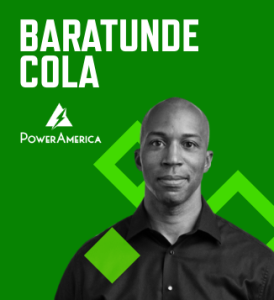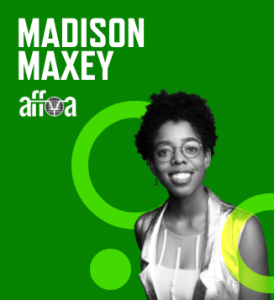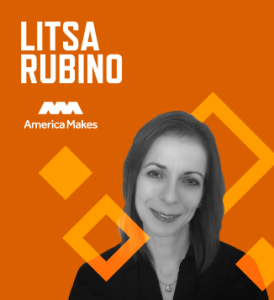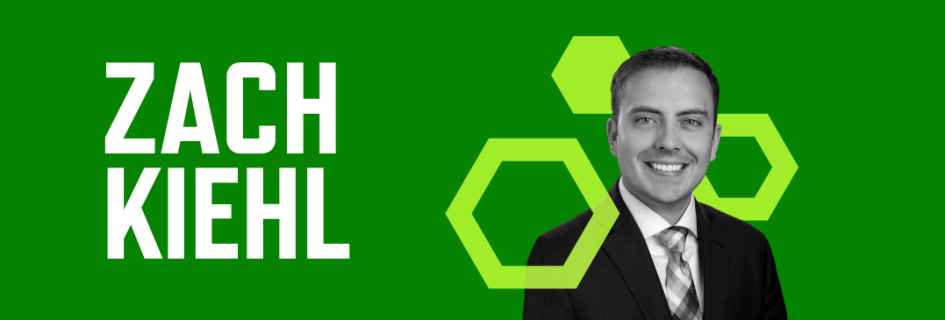
Safety advocate, innovator, empathetic leader
How cool is this for a company? VigiLife makes it possible to produce wearable technology to protect workers in the blazing heat in places like Texas and Arizona.
Zach Kiehl is the CEO of VigiLife, a health and safety tech company that has developed the first open-architecture Safety as a Service platform. An open-source operating system provides basic functionality that works for a large segment of an industry, so many companies can use it. It also allows companies to modify the software at their facility for a specific use.
VigiLife’s SafeGuard technology works with a wide variety of wearable sensors that are used in healthcare, industry, and the military. For example, VigiLife has wearable products that support workers in harsh conditions, such as notifying workers and managers of certain heart rate and core body heat thresholds. One of VigiLife’s customers just received recognition for a “World Changing Idea” from Fast Company for its heat monitoring capabilities.
VigiLife has been a driving force in the development and deployment of several NextFlex-sponsored engagements with the Department of Defense, such as the Confined Space Monitor, which monitors working environments in military and industrial settings. NextFlex is the Manufacturing USA institute focused on flexible hybrid electronics. NextFlex is helping develop health monitoring wearables like smart bandages and machine monitoring capabilities. Zach was recognized as a NextFlex Fellow in 2023 for his leadership and engagement with the institute.
Zach brings purpose and vision to every initiative. With two degrees – one in biomedical engineering and the other an MBA – he is able to understand not only how to design and implement technological innovations but also the cost and business issues that have slowed the adoption of wearable sensors. Aiming to lead with empathy and a people-first mission, Zach recognizes that vulnerable populations could benefit tremendously from wearable sensing solutions for personalized health and safety management. Zach is a Modern Maker who is especially passionate about providing solutions to people who live and work in risk-laden environments.
Q&A with Zach
How did you find your way to working in advanced manufacturing?
Our team’s vision of delivering cost-effective human sensing solutions to the masses led to our pursuit of advanced manufacturing methods. On the personal front, my love for biomedical engineering (including the tools and technologies that comprise this field) started in high school. I believe that technology paired with human creativity can provide drastic improvements to health, safety, and wellness, assuming we adhere to core ethical and moral principles.
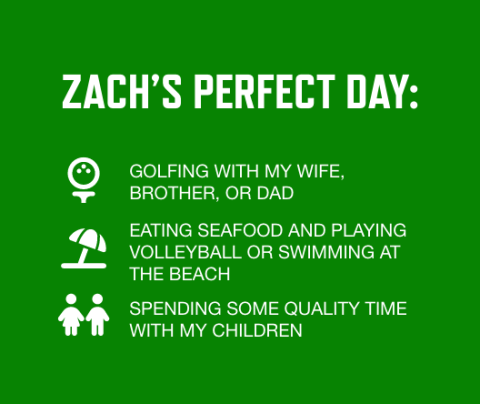
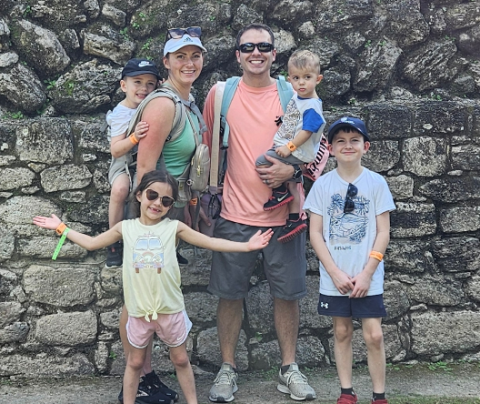
What is the most challenging part of your job?
Without a doubt, it's our attempt to bring technology to users that have historically been left out by recent advances (such as blue-collar workers, geriatric populations, and people with complex health issues). The reality is that those with the most to benefit are often the hardest to reach. The hurdles can vary greatly – it could be cost, privacy concerns, tech literacy, and more.
What is the best part of your job?
Meeting so many unique and passionate people. A typical day could involve meeting with a researcher, an investor, our product development team, and workforce health and safety leaders. This has helped me grow my circles of interaction, critical thinking, and empathy for people.
What would people be surprised to learn about manufacturing or your role in it?
Advanced manufacturing doesn't typically involve dirty and loud factories. The methods, technologies, and needed skill sets have evolved greatly. It’s critical for our nation's manufacturing capability to evolve as well.
My role in manufacturing is very much focused on having empathy for the end-user and practitioners. Next-gen manufacturing leaders will likely be cut from a very different cloth than those that came before.
What makes you excited to go to work on Monday?
Our technology has already saved lives, so that outcome drives my passion and commitment.
If you didn’t have to work, how would you spend your day?
Without becoming a helicopter parent, I would be involved in as many of my family's activities as I can (such as coaching or helping out). I would also like to volunteer my time by serving those less fortunate throughout my community and the world (I love to travel!).
What hobbies make you better at your career?
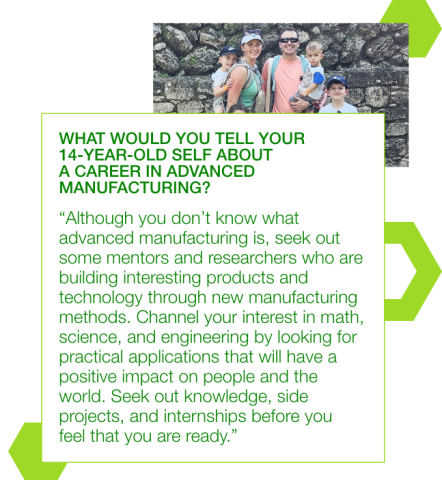
Coaching youth sports. As weird as it may seem, I've found that if you can coach temperamental youth, it becomes easier over time to have candid and clear conversations with your team members and fellow leaders.
How does the work you do impact the world?
I may be a bit biased, but I believe the products and technology we are building empower workers and patients to take a personalized and proactive approach to their health, wellness, and safety. I also believe that we are:
- Enabling the corporations that employ them to ensure worker well-being and safety.
- Empowering organizational productivity and efficiency.
- Helping them certify corporate responsibility and sustainability.
The reality is that most people work because they have to, and every person is entitled to a safe and productive work environment. I think VigiLife is making a small but meaningful impact on the world's at-risk populations.


